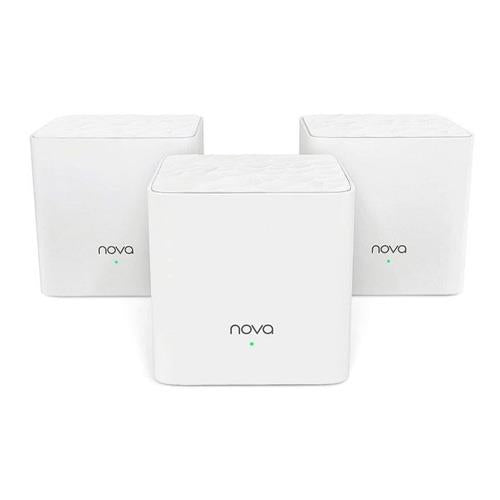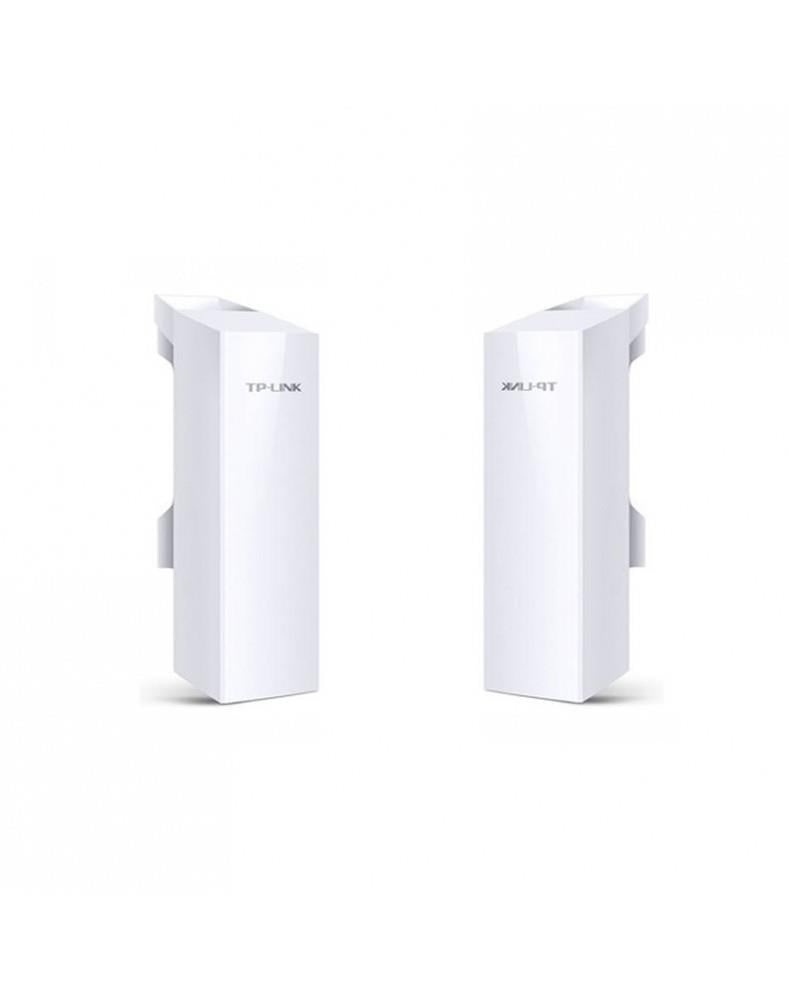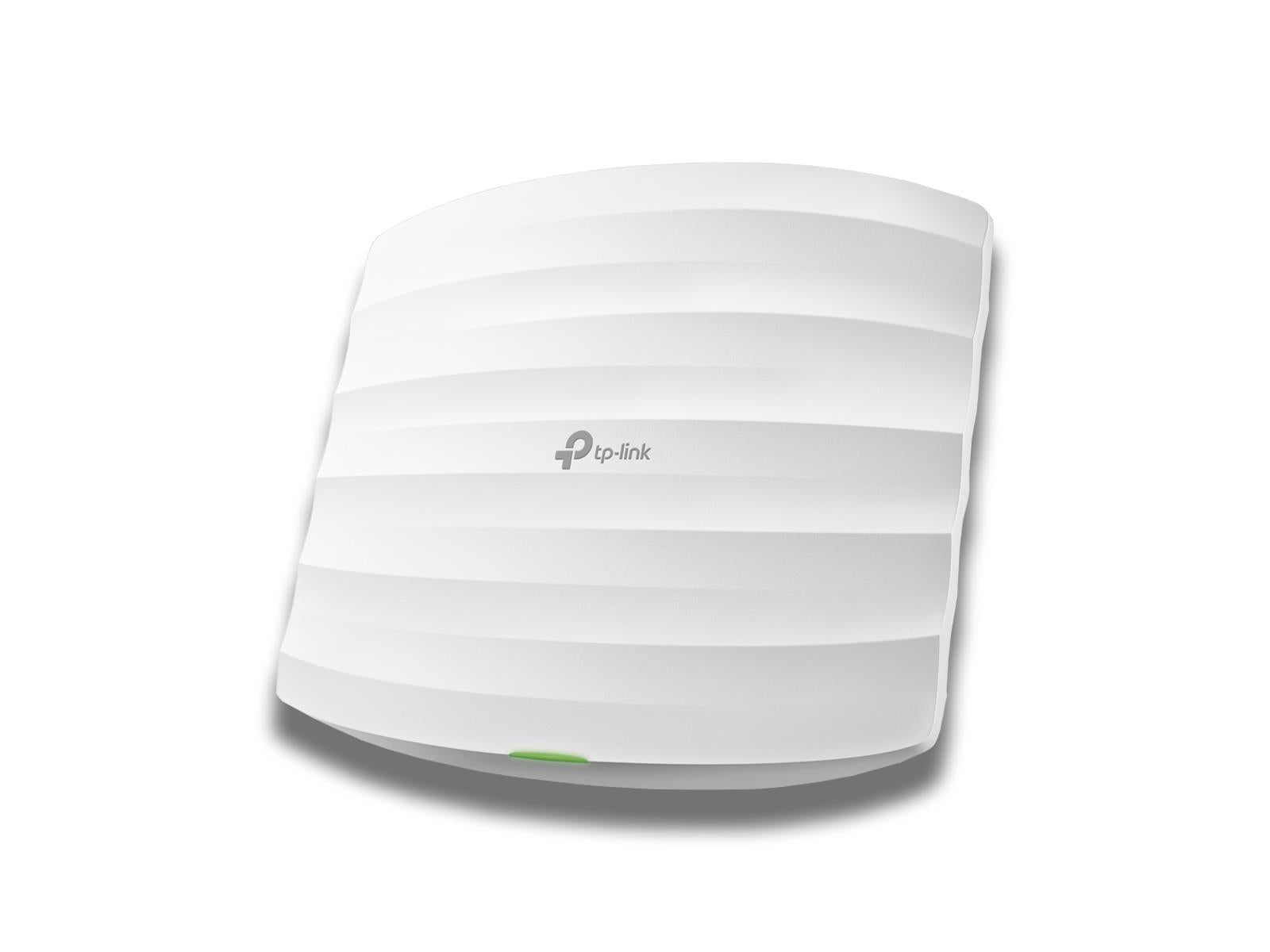Filters
4 products
Networking Switches
In today's interconnected world, networking switches play a pivotal role in ensuring seamless communication between devices within a local area network (LAN). These hardware units function as the core facilitators in managing data flow between multiple devices, such as computers, servers, and printers.
A networking switch efficiently directs incoming data traffic from multiple input ports to specific output ports, ensuring that the data reaches its intended destination. Unlike a hub that broadcasts data to all devices, a switch is more discerning, reducing network congestion and enhancing overall efficiency.
There are several types of networking switches to cater to different needs:
- Unmanaged Switches: Best for simple connectivity tasks at home or in small offices. They work out of the box and don’t require any configuration.
- Managed Switches: Come with features that can be configured to enhance and tailor network performance based on specific business needs.
- Smart (or Semi-Managed) Switches: A middle-ground option that offers specific management features at a lower price-point than fully managed switches.
- PoE (Power over Ethernet) Switches: These deliver both data and electrical power over the network cable, which can be particularly useful for devices like IP cameras and phones.
Whether you're setting up a home network or managing an enterprise IT infrastructure, networking switches are indispensable in ensuring smooth data transmission and optimal network performance. Consider factors like the number of devices, the need for remote management, and the desired data speeds when choosing the perfect switch for your requirements.
IRE Address
Unit 7, Dublin Road Business Park, Portarlington, Co. Laois, R32 DR6Y, Ireland.
UK Address
Block 3, Unit 1, 16 Clamp Road, Etna industrial estate, Wishaw, Ml2 7XQ, Scotland.
IRE Services - Neal@tekeir.com
IRE Repairs - David@tekeir.com
UK Services - Keith@tekeir.com
Phone
+353 877501441 - IRE Services Manager - Neal
+353 858755235 - IRE Repair Manager - David
+44 7449 319501 - UK Services Manager - Keith
Landline
IRE: +353 57 860 5251
UK: +44 1698694505








